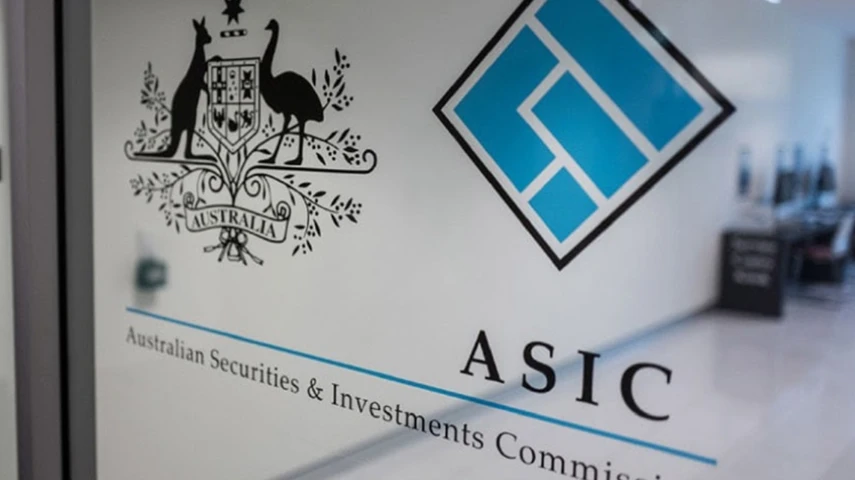Verdict in for ASIC's first greenwashing case against Vanguard



The size of the fine that will be imposed on Vanguard following its loss in court will be know later this year.
The Federal Court ruled on Thursday that Vanguard broke the law by making misleading claims about certain environmental, social and governance (ESG) exclusionary screens applied to investments in an index fund run by the firm. The case marks ASIC’s first greenwashing court victory.
The regulator applauded the verdict in a statement published on Thursday afternoon, with ASIC deputy chair Sarah Court calling it an important message to companies making sustainable investment claims.
According to the court's judgement, Vanguard contravened the ASIC Act numerous times when it made false or misleading representations about the ESG exclusionary screens that were applied to the Vanguard Ethically Conscious Global Aggregate Bond Index Fund.
Justice O’Bryan highlighted that these representations were made to the public in a range of communications between August 2018 and February 2021, including 12 product disclosure statements, a media release, statements published on Vanguard’s website, a Finance News Network interview on YouTube, and a presentation at a Finance News Network Fund Manager Event which was published online.
Vanguard admitted to most of ASIC’s allegations but, according to the ruling, the parties remain in dispute of a narrow range of issues concerning liability.
Investments held by the fund in question were based on the Bloomberg Barclays MSCI Global Aggregate SRI Exclusions Float Adjusted Index (Bloomberg SRI Index), which Vanguard initially claimed excluded companies with significant business activities in various industries, including fossil fuels. However, Vanguard later admitted that a significant proportion of securities in the index and the fund were not screened for applicable ESG criteria.
"By Vanguard’s own admission, it misled investors on a number of its claims,” Court said.
“In this case, Vanguard promised its investors and potential investors that the product would be screened to exclude bond issuers with significant business activities in certain industries, including fossil fuels, when this was not always the case.”
But although the court did rule in favour of ASIC, it also criticised certain aspects of the allegations made by the regulator including the presence of “conceptual flaws” in its submission to the court.
ASIC first publicly announced it had commenced civil penalty proceedings against Vanguard back in July last year.
At the time the regulator said that the Vanguard Ethically Conscious Global Aggregate Bond Index Fund and the Bloomberg SRI Index included issuers that violated the applicable ESG criteria. For the index, this included 42 issuers which collectively issued at least 180 bonds, and for the fund, at least 14 issuers which collectively issued at least 27 bonds, the regulator said.
ASIC alleged that these bonds exposed investor funds to investments with ties to fossil fuels, including those with activities linked to oil and gas exploration.
Vanguard issued its own response at the time, conceding that it had identified and self-reported a breach to the regulator in early 2021 in relation to the product disclosure for the Vanguard Ethically Conscious Global Aggregate Bond Index Fund and ETF.
“While the fund was managed by Vanguard in alignment with the Index methodology, Vanguard identified that the descriptions of the exclusionary screens published by the index provider and within Vanguard’s Product Disclosure Statement (PDS) were not sufficiently detailed,” the investment manager said in July.
“At the time, the description of the exclusionary screens did not provide a sufficiently detailed explanation that certain debt issuers lacking research coverage were still included in the benchmark. As a result, it is possible the portfolio held exposure to certain securities that may not have been reasonably expected by investors.”
Vanguard added that as soon as the disclosure weakness was identified, it acted swiftly to inform investors and enhance the disclosure.
“There was never any intention to mislead, but Vanguard recognises it has not lived up to the high standards it holds itself accountable to and apologises for the concern this matter may cause for our clients,” Vanguard said.
The matter has been listed for further hearing on 1 August 2024, at which the court will consider the appropriate penalty to impose for the conduct.
Recommended for you
Clime Investment Management has welcomed an independent director to its board, which follows a series of recent appointments at the company.
Ethical investment manager Australian Ethical has cited the ongoing challenging market environment for its modest decrease in assets over the latest quarter.
Commentators have said Australian fund managers are less knowledgeable compared with overseas peers when it comes to expanding their range with ETFs and underestimating the competition from passive strategies.
VanEck is to list two ETFs on the ASX next week, one investing in residential mortgage-backed securities and the other in Indian companies.














